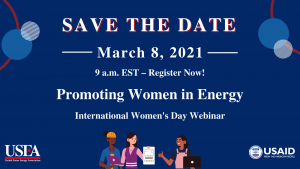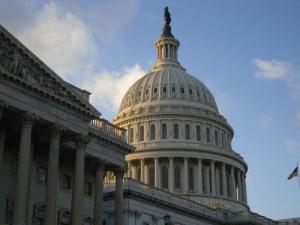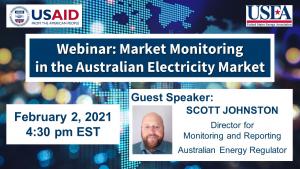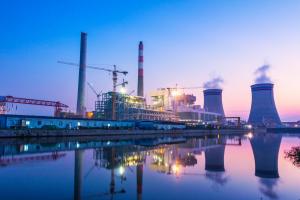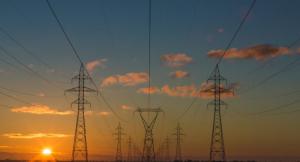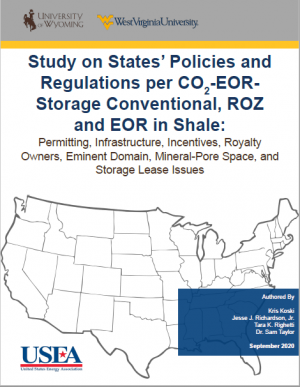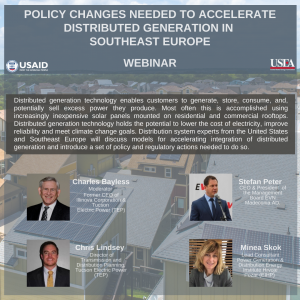March 8th, 2021
Please join the United States Energy Association on International Women's Day for our Promoting Women in Energy Webinar.
The webinar speakers will discuss groups supporting women in energy around the world, how the groups formed, their activities, and challenges for women in energy in their respective countries.
February 2nd, 2021
This webinar will feature a presentation by Scott Johnston, director at the Australian Energy Regulator. He will discuss how market monitoring takes place within Australia’s electricity-market framework.
December 16th, 2020
The momentum and vital need for carbon capture, utilization, and storage (CCUS) technologies has never been greater and two states that stand out with opportunities for CCUS are Colorado and Wyoming.
The US leads the world in facilities in operation or advanced development with 38 projects, including projects in both Colorado and Wyoming in power generation, gas processing, and cement production. New projects in biofuels and hydrogen production are also in development as these states are attracting more and more interest in CCUS from the business community.
December 15th, 2020
The momentum and vital need for carbon capture, utilization, and storage (CCUS) technologies has never been greater and two states that stand out with opportunities for CCUS are Colorado and Wyoming.
The US leads the world in facilities in operation or advanced development with 38 projects, including projects in both Colorado and Wyoming in power generation, gas processing, and cement production. New projects in biofuels and hydrogen production are also in development as these states are attracting more and more interest in CCUS from the business community.
December 16th, 2020
The United States Energy Association (USEA) held a virtual Workshop on the Potential for Small-Scale Liquefied Natural Gas Deployment in Central and Eastern Europe on Wednesday, December 16. This workshop featured the release of a comprehensive regional study on key enablers and market potential for small-scale LNG in the region developed with funding from the U.S. Department of Energy’s Office of Fossil Energy.
December 3rd, 2020
The webinar aims to provide insights on how the gas markets have evolved in the South East Asian countries over the past few years. Through a panel discussion, the esteemed panelists will discuss the best practices and recommendations for creating traded and competitive gas markets in these countries with focus on
India, Singapore, Bangladesh, Thailand, Philippines, and Indonesia.
Pages

